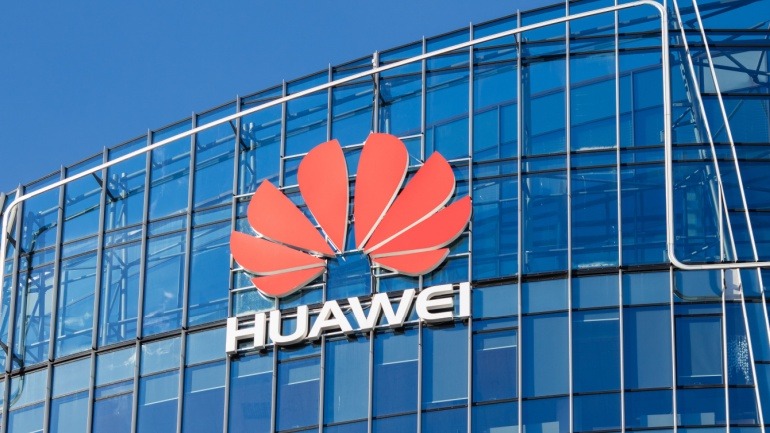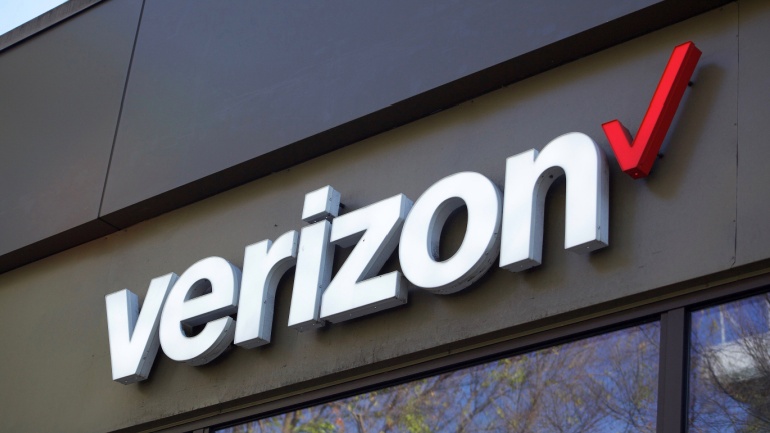In a critical legal setback for Huawei, a US judge has denied the company’s attempt to dismiss the majority of charges brought by US authorities. These charges involve serious allegations, including defrauding US financial institutions and breaching sanctions with Iran and North Korea.
The Trump administration has scrapped the Biden era AI Diffusion Rule, opting instead for a country specific approach to AI chip exports. Citing innovation concerns and strained diplomatic ties, officials plan to strengthen partnerships with allies while restricting access for adversaries like China.
Verizon Business is revolutionizing communication infrastructure at multiple US Air Force bases, enhancing 4G and 5G networks. This strategic initiative not only boosts connectivity but also showcases Verizon’s commitment to network solutions within military operations.
AST SpaceMobile has secured a U.S. government contract under the SDA’s HALO program, enabling it to compete in prototype space tech projects. This milestone positions the company to demonstrate its large BlueBird satellite arrays for government use, with potential applications in secure communication.
The escalating US-Huawei tensions profoundly impact the global VOIP industry by highlighting the strategic importance of technological independence. Ongoing sanctions against Huawei emphasize a pivotal point: adaptability in sourcing components is crucial. As these US-China dynamics unfold, VOIP providers must anticipate shifts in technological power impacting future market strategies.
Data centers are critical to the U.S.’s digital infrastructure, supporting various industries and services. The NTIA is requesting public input to address challenges like energy consumption and cybersecurity. This collaborative effort aims to create a sustainable, secure, and resilient data center industry, supporting AI-driven growth and technological advancement.
The United States government has launched an investigation into Chinese telecommunications companies China Mobile, China Telecom, and China Unicom amid fears that these firms might transfer US data to the Chinese government through their US cloud and wholesale routing services. According to Reuters, which cited three anonymous sources, the US Commerce Department has issued subpoenas to the three companies.
The US Commerce Department has prohibited the use of Kaspersky security software across the United States, citing national security concerns. The Bureau of Industry and Security (BIS) determined that Kaspersky’s cybersecurity products pose “unacceptable risks” to US national security and public safety.
EchoStar Corporation has landed a substantial contract to supply mobile devices and services to the US Navy, valued at up to $2.7 billion over the next decade. This deal, though not a complete solution to the company’s financial woes, is a significant positive development amid ongoing challenges.
The US government has unveiled plans this week to establish a new institute dedicated to advancing digital twin technology for the semiconductor industry. Through the CHIPS Manufacturing USA initiative, companies are invited to submit proposals to operate this institute, with the selected applicant set to receive up to $285 million in funding.













